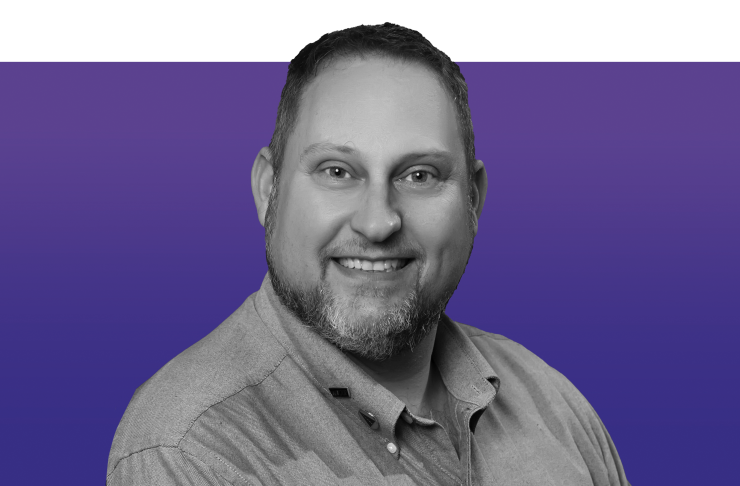Even before living and working through a global pandemic, Matthew Harmon knew the inherent value of adequately
Harmon joined car-part retailer AutoZone in September of 2014 as the senior director of global benefits, HRIS and customer satisfaction. Nearly a decade later, he's now vice president of benefits, compensation and HR Systems,
"Well-being has always been a priority for me," Harmon says. "But when you're dealing with a pandemic, all of a sudden wellness is paramount. You can't work. You can't earn an income. Your business may be failing. It brought something that I had always been passionate about and made it important to everybody."
Read more:
These worldwide struggles inspired Harmon to extend AutoZone's employee assistance programs (EAPs) to the retailer's part–time employees, as well as
"It's not like just our full-time employees have healthcare needs," Harmon says. "Realistically, it wasn't an important business imperative. But when you think about the world of retail, about half of the workforce is part-time. So how do you attract and retain that population — most of whom are trying to earn their way to a full-time position to get benefits?"
There's
Read more:
"It used to be that first we hired somebody, then later we thought about how we wanted to develop them, and after that we thought about how we wanted to retain them," he says. "Now it's looking at the full picture and saying, 'How do we attract? How do we create an environment that people want to stay in? How do we develop them so they can grow their career and not need to leave the company to advance themselves?'"
Nearly three years out from the pandemic, Harmon is still just as focused on
"If you give all employees benefits from day one you enable them to grow what they get over time," he says. "It really goes back to the belief that if you take care of your people, your people take care of you."






